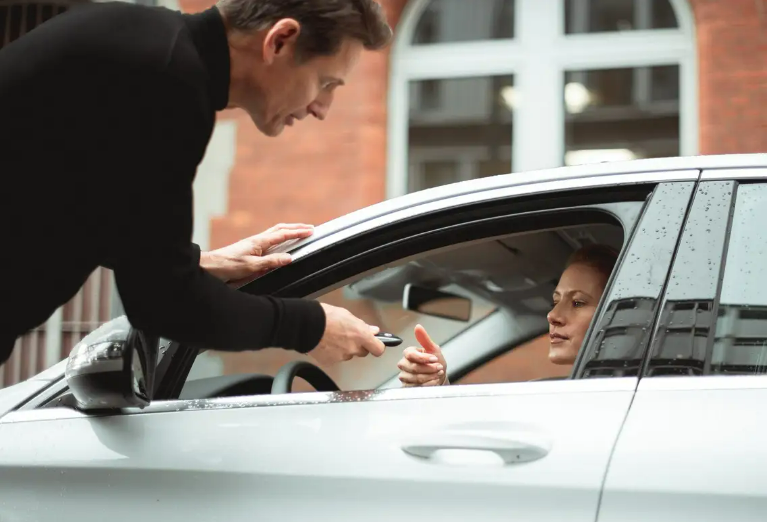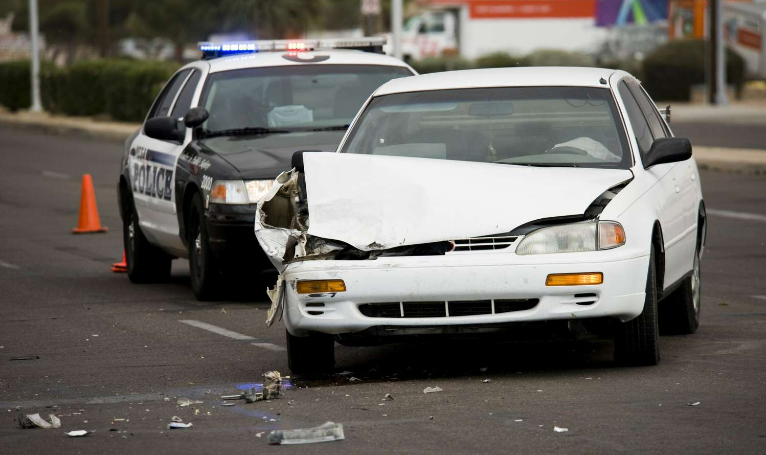
Non-owner car insurance is precisely as it sounds: insurance tailored for individuals who don’t own the vehicles they drive. This type of insurance typically covers basic liability, shielding you from expenses resulting from accidents where you’re deemed at fault, such as car repairs or medical bills for other parties involved. While not always obligatory, it’s advisable to consider non-owner car insurance if you frequently borrow or rent cars for transportation, especially in states or circumstances where it’s mandated. Essentially, it serves as an additional layer of protection for drivers in specific scenarios, offering cost-effective coverage when needed.
What Does Non Owner Car Insurance Cover?
In brief, non-owner insurance offers limited coverage.
Like many insurance types, its purpose is to provide financial assistance in situations where you would otherwise face substantial expenses, particularly in the event of a car accident. However, it’s crucial to understand that non-owner insurance is specifically designed to cover costs incurred by other parties in accidents you cause, excluding your own injuries or vehicle damage. One exception is if you’re in an accident caused by an uninsured motorist.
While you hope to never utilize it, having non-owner car insurance can offer significant financial protection in the event of an at-fault accident, reducing the potential financial burden considerably.
How Expensive is Non Owner Car Insurance?

Non-owner insurance typically costs around $474 annually, making it significantly cheaper than standard auto insurance, which averages $2338 annually in the United States. The lower cost of non-owner insurance is attributed to its coverage focus solely on the driver, excluding coverage for the vehicle itself. Consequently, it lacks additional features common in other auto insurance policies, such as roadside assistance. Additionally, non-owner insurance does not cover the driver’s medical expenses or vehicle repair costs.
As with all insurance plans, the precise cost of a non-owner policy depends on various factors, including the time of enrollment, age, gender, marital status, credit score, and driving history. Of these factors, driving experience and credit score are particularly influential, meaning that drivers with a favorable driving record and credit history may qualify for more affordable premiums.
Where Can You Get It?
To obtain non-owner car insurance, you must first ensure that you meet the eligibility criteria. This includes holding a valid driver’s license in good standing, meaning it is neither expired nor suspended.
Once you meet these requirements, you can purchase non-owner insurance from most major insurance companies. However, unlike more common types of insurance, obtaining non-owner coverage typically requires speaking with an insurance agent over the phone. Online purchase options for non-owner car insurance are less common due to its specialized nature.
Who Is It For?

Non-owner car insurance isn’t suitable for everyone. If you own a car, you’ll need standard auto insurance to cover it. However, non-owner insurance is essential if you frequently drive vehicles that you don’t own, such as borrowed or rented cars, or if you drive a company vehicle for work. This coverage protects your liability in case of an at-fault accident.
Additionally, non-owner insurance may be necessary if you’re required by a court order to have car insurance but don’t own a vehicle. Employers whose employees use their own cars for business purposes may also need this coverage.
It’s important to understand that non-owner insurance typically doesn’t apply to situations where you regularly drive someone else’s car over an extended period. In such cases, you should discuss being added to the car owner’s insurance policy as an occasional driver, which may be legally required in some states.
